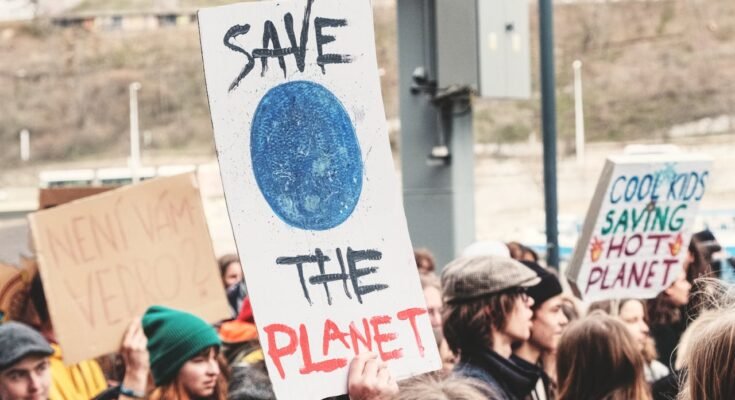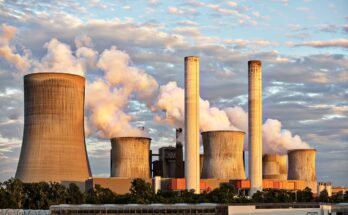Climate change is quickly growing into one of the most serious problems of the 21st century, as humans have increased the effects of the natural processes that have affected the environment for millions of years. The facts are indisputable, defined by scientific evidence that overwhelmingly verifies that human-induced climate change is causing global warming at an accelerating rate, resulting in shifts in weather patterns, rising sea levels and more extreme weather events. In this article we will take a look at the impact of human activity on climate change and will discuss some of the important environmental changes happening due to it.
Human Influence on Climate Change
Climate Change Who is responsible for climate change?Human activities, especially since the Industrial Revolution, have played a major role in causing climate change. The primary causes include:
- Burning of Fossil Fuels: Power plants, industrial facilities, residential homes and commercial buildings burn coal, oil and natural gas, releasing huge quantities of carbon dioxide (CO2) and other greenhouse gases into the atmosphere. This amplifies the greenhouse effect, holding heat and increasing temperatures worldwide.
- Deforestation: Trees serve as carbon sinks by sequestering CO2 from the atmosphere. Widespread deforestation for farming, urbanization and logging shrinks this potential, resulting in higher carbon volumes in the atmosphere.
- Industrial and Agricultural Practices: Industries release greenhouse gases, including methane (CH4) and nitrous oxide (N2O), mainly from livestock farming, fertilizer usage, and industrial processes. Such gases are potent contributors to global warming.
- Urbanization and Transportation: The explosive growth of cities due to migration and urbanization has caused soaring emissions of greenhouse gases (GHGs), along with air quality issues related to traffic congestion.
Changes Taking Place from Climate Change
Climate change or climate crisis has global implications affecting the same in many environmental and socio economic dimensions:
- Increased Average Global Temperature: Over the past century+, the average global temperature has risen over 1.2°C (2.2°F) compared to pre-industrial levels, and global temperatures are likely to continue to rise unless substantial reductions in greenhouse gas emissions are made.
- Melting of Glaciers, Ice Caps, and Higher Sea Levels: The polar ice caps and glaciers are melting at rates that could make sea levels rise. It threatens coastal communities with flooding, erosion and habitat loss.
- Extreme Weather Events: Global warming is making hurricanes, heatwaves, droughts and wildfires worse, resulting in terrible economic and humanitarian effects globally.
- Ecosystems and Biodiversity Disruption: Most species are finding it difficult to adjust to the changing climates, resulting in habitat loss, changes to migratory patterns, and increased risks of extinction.
- Effects on Human Health: The combination of increased temperatures and deteriorating air quality leads to respiratory diseases and heat-related illnesses as well as a greater risk of spreading infectious diseases, as vectors like mosquitoes migrate and evolve.
What Can Be Done?
This means tackling the climate change crisis together on a urgent global scale. Key strategies include:
- 1.95 Transitioning to Renewable Energy: Investing in wind, solar, and hydroelectric power can significantly reduce dependence on fossil fuels.
- Promoting Energy Efficiency: The adoption of energy-efficient technology and sustainable practices in businesses, residences, and transportation can lead to decreased emissions.
- Deforestation & Conservation: Reducing and regrowing forests helps reduce CO2 capture and improve overall biodiversity.
- Practice sustainable agriculture — and eat less meat: Less methane is produced from livestock and fertilizer used, so reducing meat consumption is one thing, and encouraging more plant-based diets is another.
- Hold the line: The politicization of international trade and climate change has to end.
Conclusion
And climate change is an immutable fact that is transforming our planet faster than ever before. Whereas human activities have caused this crisis, they are also the only way out from its consequences. Policies need to change, practices must be sustainable, and the world must unite to protect the Earth. The industry must shift now before it creates irreversible harm to our environment and future generations.



